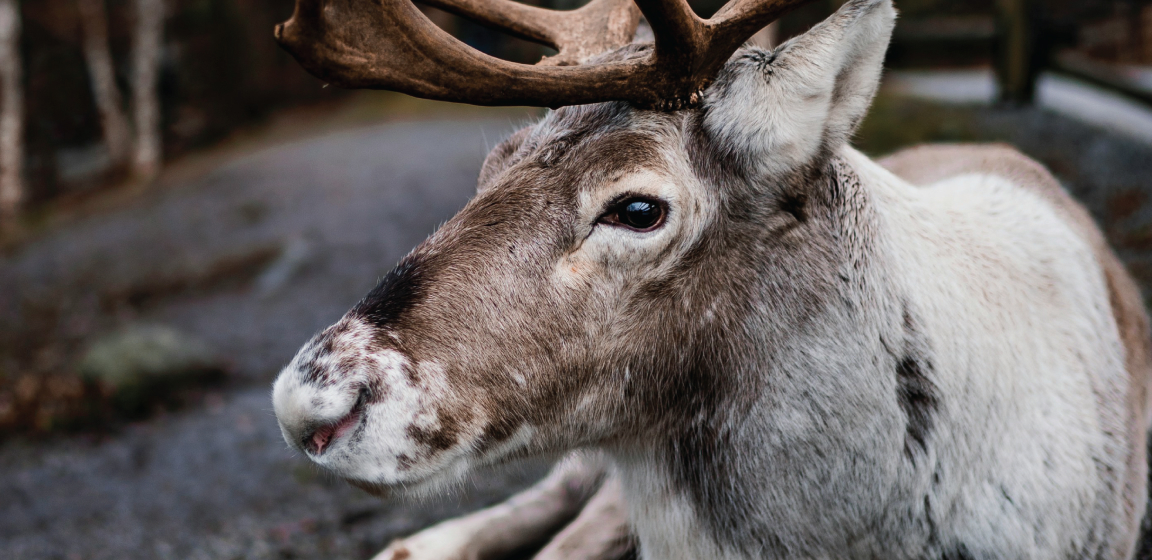
I am a pelleteur
Lost time, cold nothingness, absent from all memory, ended with the light, which became earth and hearts, populated by animals including humans, tiny in history. They multiply, live, and die tied to the earth’s cycles, in the harshest and most unforgiving places, in the cold, in the tundra. They scratch snow and ice to eat the lichen, forever. On the path of survival, some encounter the first humans who named them pelleteurs. The pelleteurs (caribou) in the lichen fed and warmed the first humans emerging from the night of time. First to push back death, those who speak with or without words, poets without poems, they transmit loaded silences — they are the Indigenous peoples. Even before the great ice melted, they lived and died together. But now the end is taking shape since the whites took all the space, more than 500 years of slow agony. Coming from the depths of ancestral memory, the Indigenous peoples, who saved us and showed true hospitality, shrink like a shriveled skin, united by the same fate as the caribou that has become a symbol of disappearance. The pelleteurs lived at the edge of the forest ravaged for hundreds of years by the English whites. You urban dwellers are well settled, where everything is order and beauty. From the top of your towers, from all your sciences and ignorance built thanks to wood since Gutenberg, thanks to the trees cut down, you ask us to pay the bill — the bill for all your carelessness, the bill for all human knowledge. With terrifying lightness, this ancestral culture of wood, necessary to build knowledge and shelter, is disregarded. A few lost jobs, say Noémi Mercier and Jean-Martin Aussant, experts speaking detachedly, and to hell with the culture and knowledge of the forest, and life in villages for 200 years. Our caribou are not urban, they have been disappearing for 500 years, victims of knowledge spread by paper. Well-meaning city folks, by what right do you claim the disappearance of cultures and lives with the forest for a sham of protection? The pelleteurs become ghosts and soon circus animals. Go read in your shelters, all made of wood, and tell us what devastation your next novel will come from. We also have our sages, no less wise than yours. We also have our scientists who don’t count only jobs. We have our forest, not virtual, our diminished reality — we share it with the pelleteurs. We have our faults! And yours? Species and cultures already die too much. Let’s not sacrifice others as a cure for our uncertainties.
— Jacques Gagnon, engineer, CEO of Imagem
